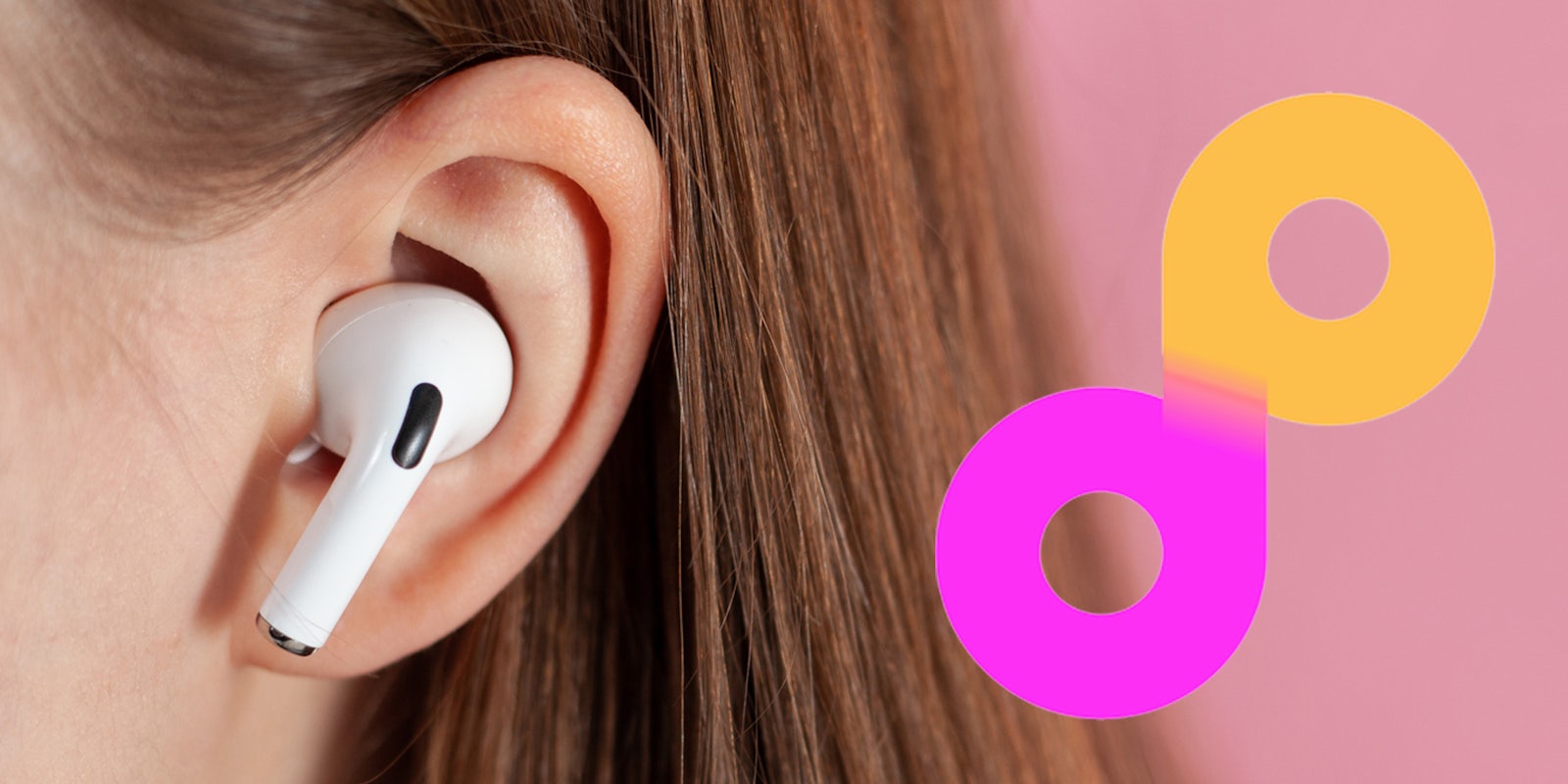A company is working towards making history and saving drivers money in the process. Whether it works is anyone’s guess, but DoNotPay claims it is building artificial intelligence designed to represent people in traffic court.
The company’s chief executive officer tweeted about their ambitious plan on Monday.
“We want to build a @donotpay bot that listens to the court hearing via your AirPods and whispers what to say with GPT-3 and LLMs,” Joshua Browder wrote. “We just want to experiment and will pay the ticket, even if you lose!” He asked anyone with an upcoming hearing on a speeding ticket to send him a direct message.
(Generative Pre-trained Transformer 3, or GPT-3, is an autoregressive language model that uses deep learning to emulate text written by humans in response to a prompt; LLMs is an acronym for large language models, an algorithm that also uses deep learning to understand written language.)
Using artificial intelligence (AI) to whisper in people’s ears during a court hearing is a novel idea, but it could also run afoul of laws prohibiting practicing law without a license and other court rules. People wasted no time pointing these issues out.
“Sounds like practicing law without a license…?” wrote a Twitter user who describes themself as an attorney.
Browder waived off the critics in a phone conversation on Tuesday.
“We’re going to do it in one jurisdiction where it’s allowed, and they can’t possibly know the law in every county and courthouse,” he said.
He told the Daily Dot that DoNotPay is researching jurisdictions where the rules won’t prohibit it, and said they’re likely to start with an electronic hearing.
He said the technology will essentially have an online chat with the person fighting the speeding ticket and tell them what to say in response to questions from the court.
“We will find an area in the U.S. where we can do this,” Browder said. “We’re going to do it as a fun thing to make history.”
Browder said that he got into the field of using AI to help people navigate bureaucracy after moving from England to the United States. Accustomed to British driving laws, Browder quickly accumulated multiple parking tickets, he said. So he built a website that enabled people to automatically appeal their parking tickets.
Then he branched into consumer defense. Also on Monday, Browder posted a video that showed DoNotPay’s technology negotiating to lower a Comcast bill.
“Our @DoNotPay ChatGPT bot talks to Comcast Chat to save one of our engineers $120 a year on their Internet bill,” Browder wrote. “Will be publicly available soon and work on online forms, chat and email.”
He acknowledged that the technology isn’t “perfect”—coming across as repetitive—but said they’re working to improve it before launch so it seems more like a human being than a computer program.
Browder, whose work previously earned him a spot on Forbes‘ “30 Under 30” list, said that recent advancements in AI have enabled DoNotPay to make rapid strides in its work to assist consumers dealing with large corporations and, hopefully, defendants fighting traffic tickets.
Browder said that hundreds of people have already reached out in the hopes of being the first to use AI in traffic court.
He also aspires to eventually change court rules to allow people to more broadly use technology to provide them with legal assistance.
“I want to have the first robot appear in the courtroom,” Browder said.



